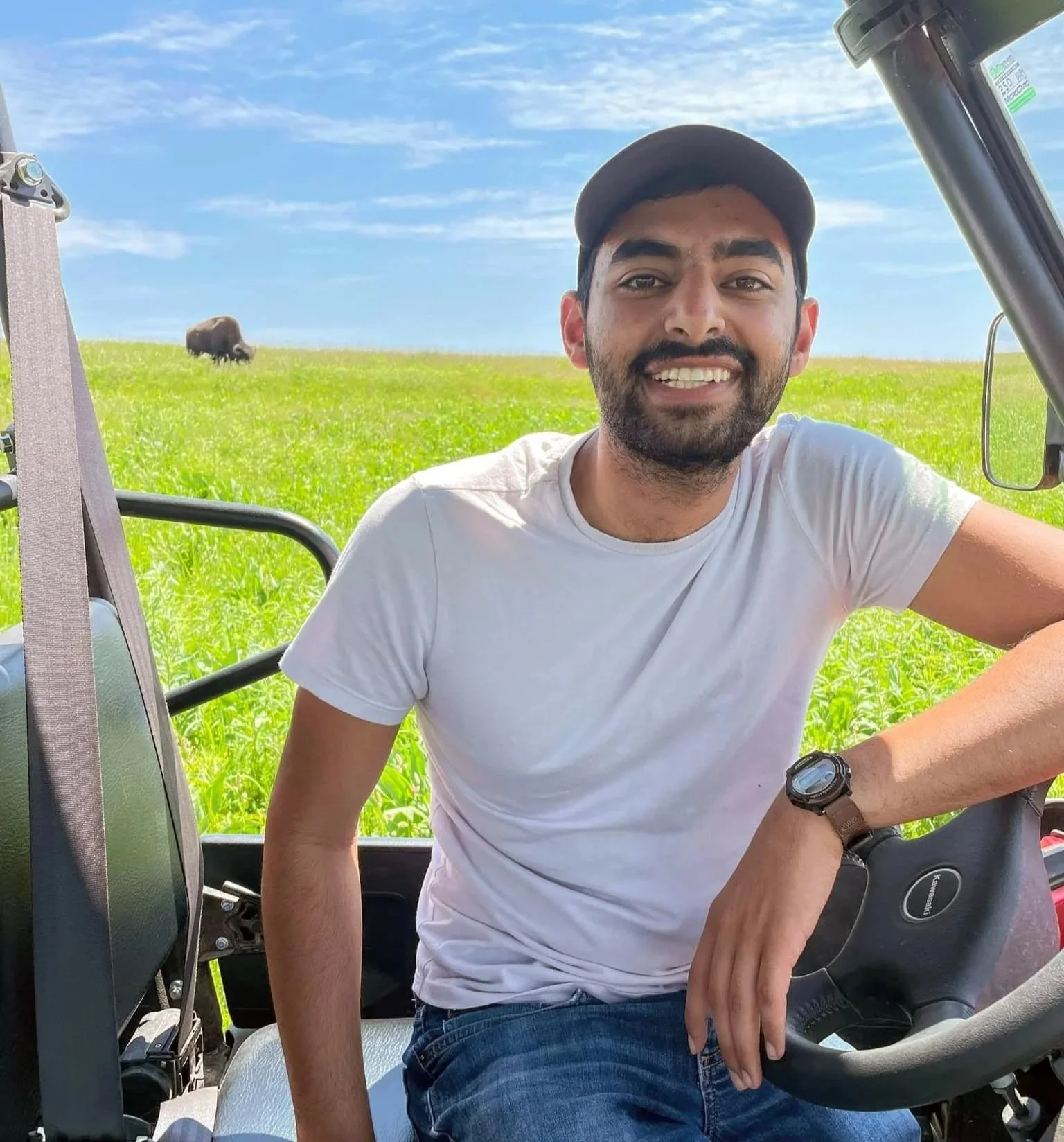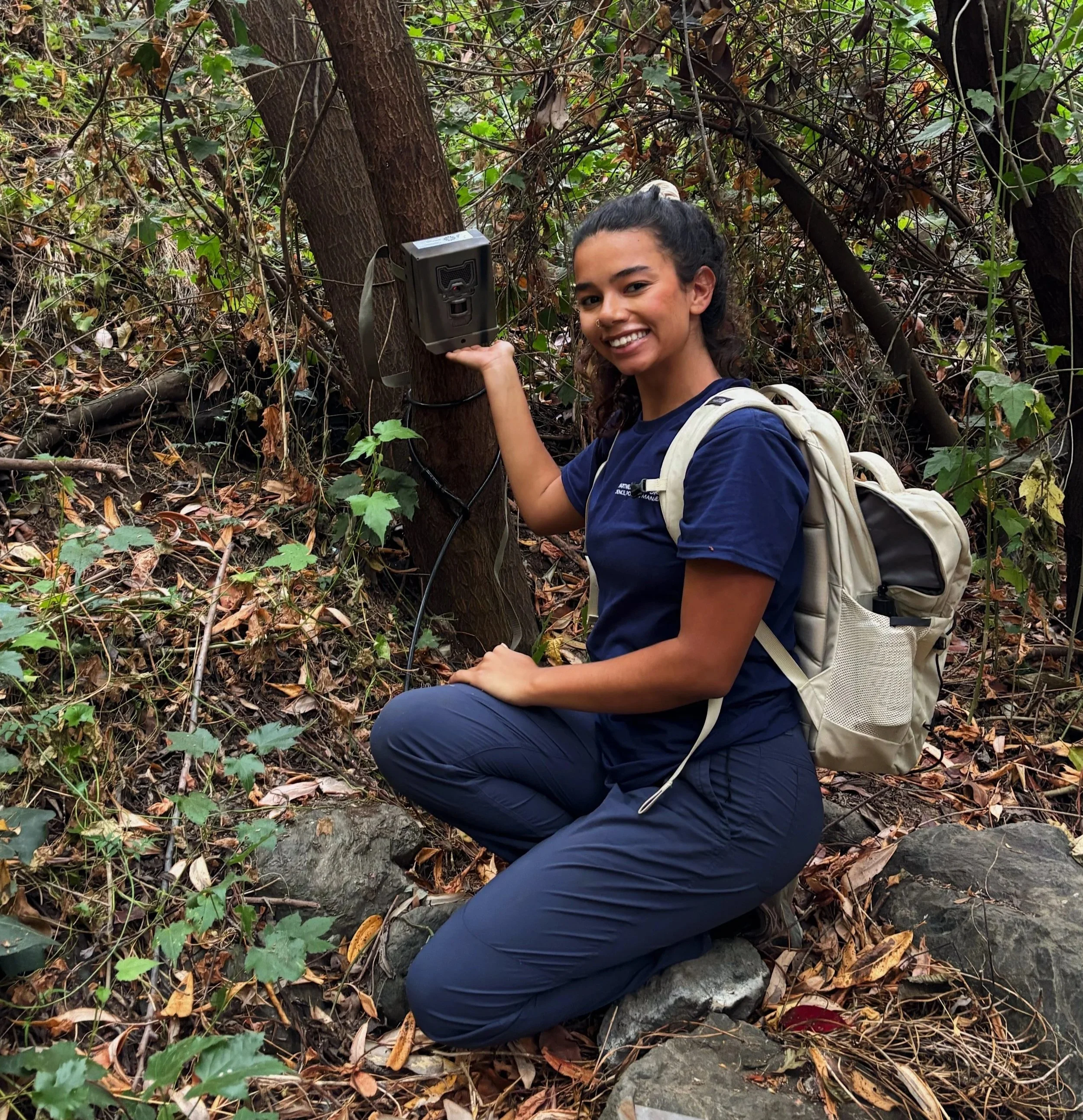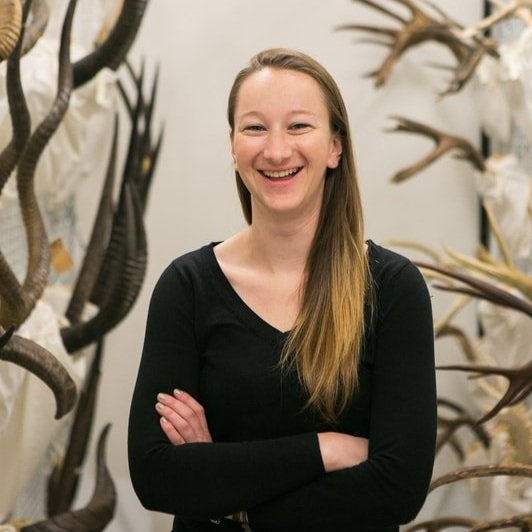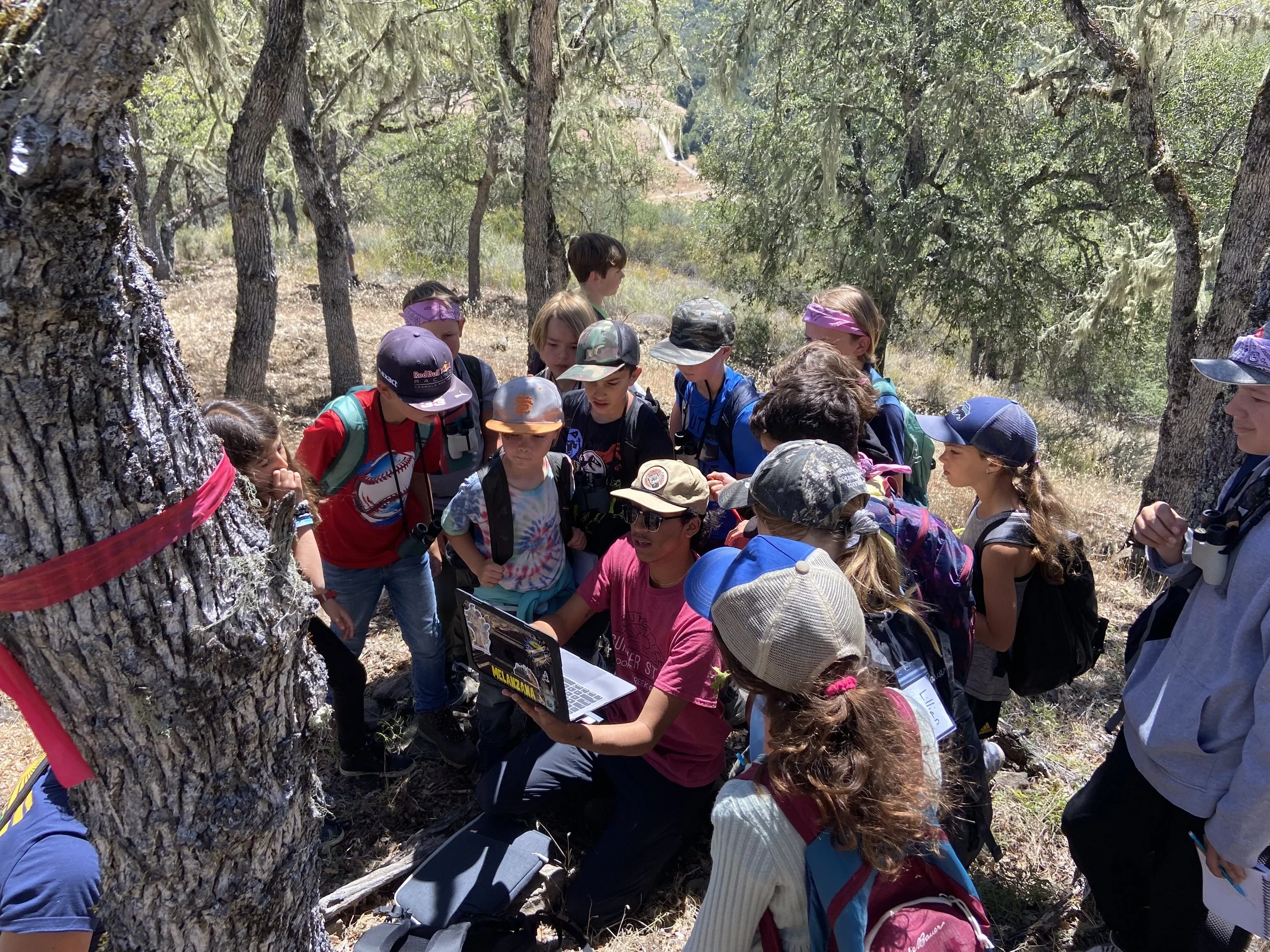Meet the PI
Dr. chris schell
Assistant Professor, Department of Environmental Science, Policy, & Management at UC Berkeley
Dr. Christopher J. Schell is an urban ecologist, professor, Afrofuturist, father, and writer. Research in the Schell Lab combines animal behavior, physiology, urban biodiversity conservation, environmental justice, and One Health to investigate how carnivores – namely coyotes, foxes, and raccoons – adapt to life in cities. In addition, Schell’s lab integrates critical discourses on how structural oppression (e.g., redlining, pollution burden, and socioeconomic disparities) directly shape the very urban features associated with human-wildlife interactions, conflict, and adaptation. This transdisciplinary work aims to disentangle how environmental injustices have structured our urban ecosystems and how we can harness those lessons to build more just, biodiverse, and resilient cities.
Schell is a National Geographic Explorer, Grist Fixer, Cal Academy Fellow and Board Member, and Affiliate Faculty with the Museum of Vertebrate Zoology, with his work featured in The Atlantic, The New York Times, Vox Explained, and various NPR radio events.
A born-and-raised Los Angeleno now firmly planted in the Bay Area, Schell weaves his lived experiences as a Black man and Californian to co-produce justice- and equity-centered research programs with local communities that regenerate urban nature, environmental health, and access for all peoples.






















